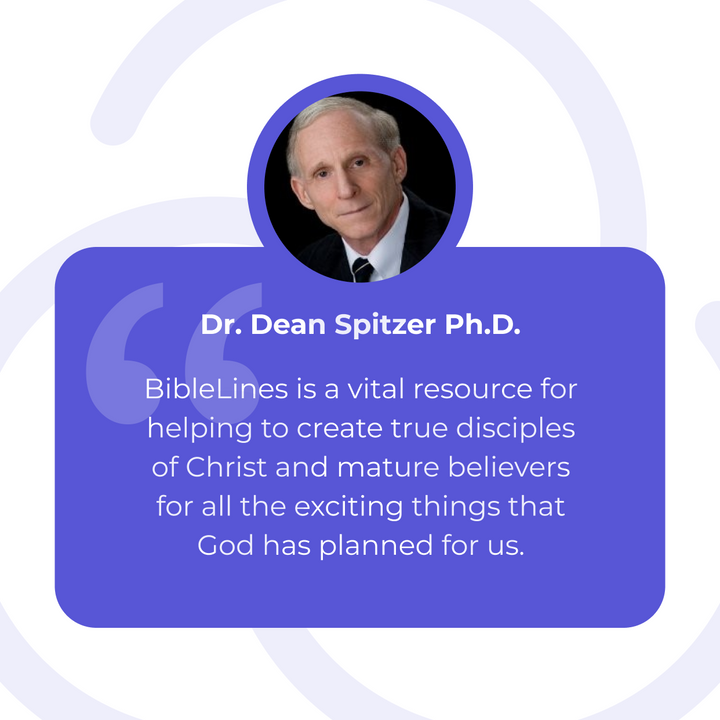You do not need to look very far to see how pervasive technology is. Just a couple of decades ago, the idea of a mobile phone would seem ludacris. Today, the cellphone has a global penetration rate of 67% and almost everyone in the developed world owns one. And that is just one example – there are many other pieces of technology that not only dominate but also shape our day-to-day lives.
The modern day technologies may be sophisticated but even early technology has left an indelible mark on church history. For instance, the introduction of the early church more than two millennia ago coincided with the growth of the Roman Empire. One of the hallmarks of the Roman Empire was the invention of macadam roads. The impressive road networks that were built by the Romans played an instrumental role in the spreading of the gospel.
Additionally, Apostle Paul took far-flung missionary trips and as the scripture says, everyone in the region of Asia heard the gospel through his ministry (Acts 19:10). For most of these trips, Paul traveled by ship. If the ship had not been invented yet, it would have been almost impossible for his ministry to have the kind of impact it had.
These are just a couple of examples that demonstrate how ubiquitous technology can be leveraged to help the church. And indeed, technology has continued to help the church over the years. Here are a couple of reasons why the modern-day church should embrace technology:
Reasons to embrace technology in the church
1. The great commission
As we have already seen, technology has greatly enhanced the spreading of the gospel over the years. Perhaps one of the most dramatic examples is the invention of the printing press in the 15th century by Guttenberg Johannes. This advancement made it possible to print Bibles, Gospel tracts, hymn books, and other Christian literature that made it possible to spread the gospel far and wide. It is safe to infer that without the printing press, the church would not be as big as it is today.
But we have even more powerful technologies today that would make it easier to spread the gospel. For instance, in addition to the paperback Bibles from the printing presses, we now have audio Bibles and Bible apps that can be accessed through mobile devices from anywhere. This makes it easier to take the Bible to areas where it would be a logistical nightmare to take the paperback versions. Additionally, the Bible is now more portable.
Another example is social media. Even though most of the church has embraced social media over the years, The COVID-19 crisis nudged the church to become more intentional in using social media as a tool for spreading the gospel. By combining the power of video conferencing and social media, the gospel is now being spread more actively on social media.
2. Church growth
YouTube, Facebook, Twitter, Blogs, etc. These are some of the examples of tools that can be used to help the church to grow faster. In the olden days, people relied on friends and family to find a new church. Today, people rely on social media and search engines to find a church. For instance, if someone moves to a new city, they will most likely google for the church near them and then visit their socials to find out if it’s the type of church they are looking for. The implication is that churches that use digital tools effectively have a better chance of attracting new members.
Management plays an important role in church growth. As more people are attracted to a local assembly, the need to manage the growth also increases. The early church realized this and the apostles were quick to set up an administrative structure that separated the preachers from the deacons (Acts 6:4).
Managing people and growth is still a vital ingredient in church growth even today. And unlike the early church, we have lots of awesome technologies that can make this easier. For instance, content management systems can be used to publish content, administer staff, and generate reports. The efficient management will make it easier for new members to plug in and that will facilitate faster growth.
3. Christian education
The Psalmist makes a very interesting point about Christian education. Check it out:
The Lord gave the word: great was the company of those that published it. Psalms 68:11
Simply put, the word of God has one origin – God. But it has many “proclaimers.” We can refer to the members of the five-fold ministries (Apostles, Prophets, Evangelists, Pastors, and Teachers) as the proclaimers of God’s word.
Traditionally, the proclamation is only done via the pulpit. However, technology has opened lots of avenues for communicating the gospel.
The advent of tapes made it possible to record audio sermons and distribute them beyond the local church. Then the tapes were replaced with CDs and DVDs which increased the capacity and lowered the costs. Today, video has complemented audio recordings, and video conferencing tools are now commonly used to not only broadcast live services but also share them for later consumption via YouTube and other video-sharing platforms.
Suffice it to say that the present-day Christian is in a better place of walking in the Knowledge of God due to the abundant tools at our disposal. You can walk to any Book store and find lots of literature on any Bible topic. You can also find unlimited videos on YouTube and other platforms. The modern-day Christian has no excuse for being ignorant of God – there are enough technologies to help in Christian education.
4. Fellowship
Fellowship is one of the most important facets of Christianity. Through fellowship, Christians spur each other towards love and good deeds (Hebrews 10:24). Through fellowship, we keep each other accountable and thereby continue to grow in faith. The early church was keen on this and that may be one of the reasons why they gathered daily for fellowship and worship (Acts 2:46). The Bible also commands us to not give up the habit of meeting together for fellowship (Hebrews 10:25).
But the reality of our present environment presents new challenges to regular fellowship. For instance, the urban sprawl in most large cities creates the complication of distance. Additionally, flexi hours means people often report for duty at different times of the day/night. As such, meeting for fellowship needs creativity – and that is where technology comes in handy.
Before COVID-19, having a Bible study meeting over Zoom seemed foreign and unwelcome for most. But it is now a new normal for lots of Christians. Live streaming also makes it possible for Christians who are unable to attend publish worship to still participate irrespective of their location. So, we can that if used appropriately, technology can help not only promote but also improve fellowship in the church.
5. Communication
Have you ever imagined how hard it must have been for Jesus to address a crowd of over 5,000 people without modern technology? Today, we have public address systems that can amplify a preacher's voice to millions in real time. It might well be one of the reasons why we have lots of mega-churches in our time. But communication is much more than just amplifying the voice of the preacher. In an organization, communication is both internal.
Every time saints congregate to worship, the media and communication ministries use overheard projectors and screens to help everyone to follow the sermon notes of the preacher. The projection also helps saints to participate in music and other parts of the service.
Across the week, the church can use social media, emails, and SMS to communicate about upcoming programs and events. Without the technologies we have today, we would have to wait until Sunday morning to be notified of something that might be time-sensitive. However, you can just click on a notification on your cellphone and see what is happening at your church
6. Better understanding
It is not just enough to read the Bible – you also need to understand it. For the most part, Christians need the help of a preacher to understand the written word. In the words of Paul, we often read the Bible with a veil that can only be removed with the help of Christ (2 Cor. 3:14).
And God has anointed his servants to help remove this veil through their teaching and preaching ministries. And therein lies the challenge – we may not have a chance to interact with the preacher all week. Even when we gather for the weekly congregational service, the preacher may only use a couple of minutes to expound on the word.
Thankfully, technology can help bridge this gap. Instead of waiting for Sunday, you can conveniently go to your church’s YouTube Channel and filter the sermons available to get the topic you are interested in studying.
This app links back to the exact section in a message where the preacher referred to the verse you are currently reading. This saves you the time of going to search for the teachings. Just continue reading the Bible as usual and get suggestions of related content that will help you understand the scripture better. Awesome, right?
Final thoughts
It is an interesting time to be alive. A time when technology can be leveraged to improve our worship experiences, promote Christian education, and help spread the gospel faster. Simply put, technology can help us attain both qualitative and quantitative growth. Traditionally, the church has been sluggish in adopting new technologies. In this digital age, we cannot afford to make the same mistake – it is time to embrace technology and reap the benefits thereof!
A good place to begin would be to install the BibleLines app and use it to transform your Bible study.
See, a huge chunk of the technologies we have were created to solve problems in the world and Christians just take advantage of them as side users (e.g. Facebook, Youtube, etc.) We need a technology that is specifically created to solve the problems of the church and BibleLines does just that. It was created by Christians and for Christians.
 Support
Support



